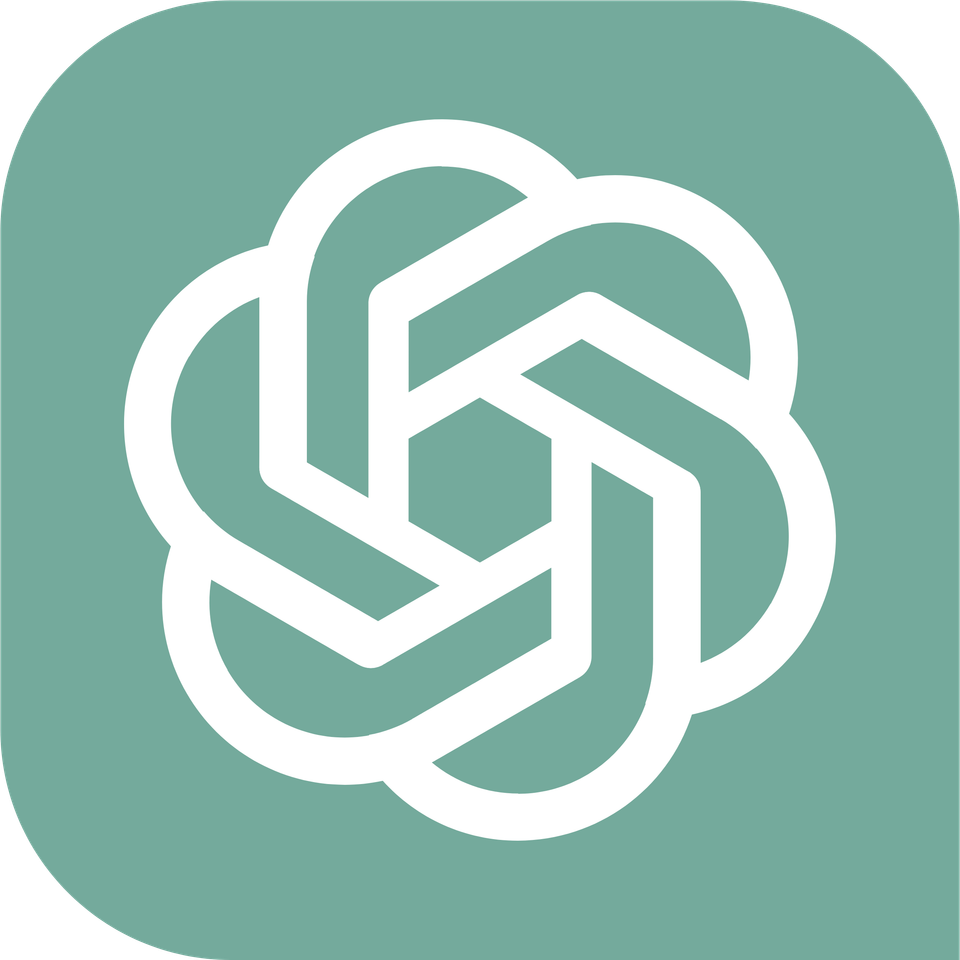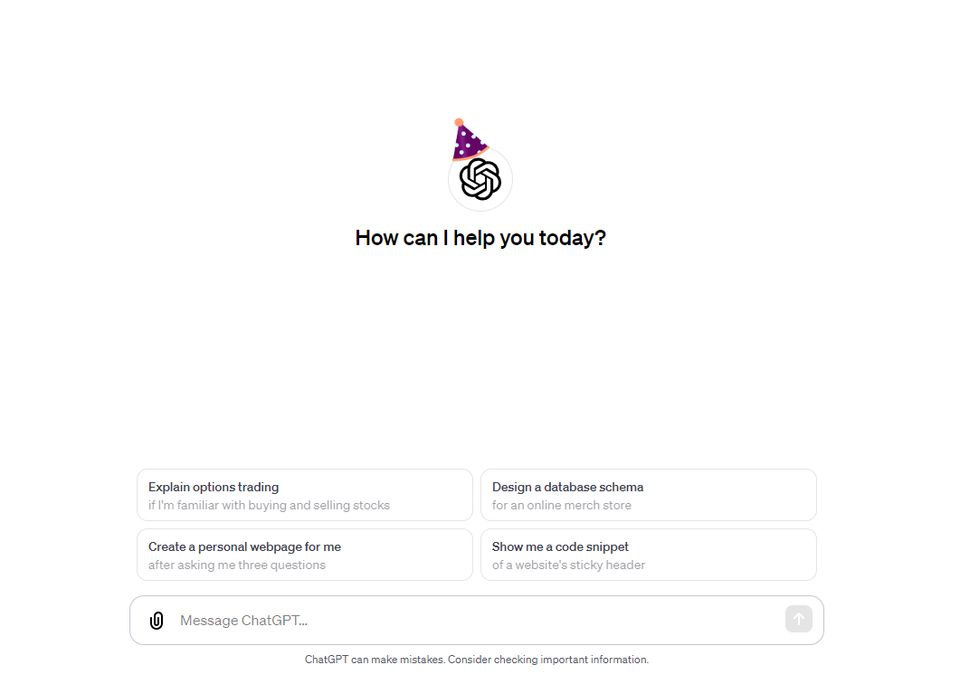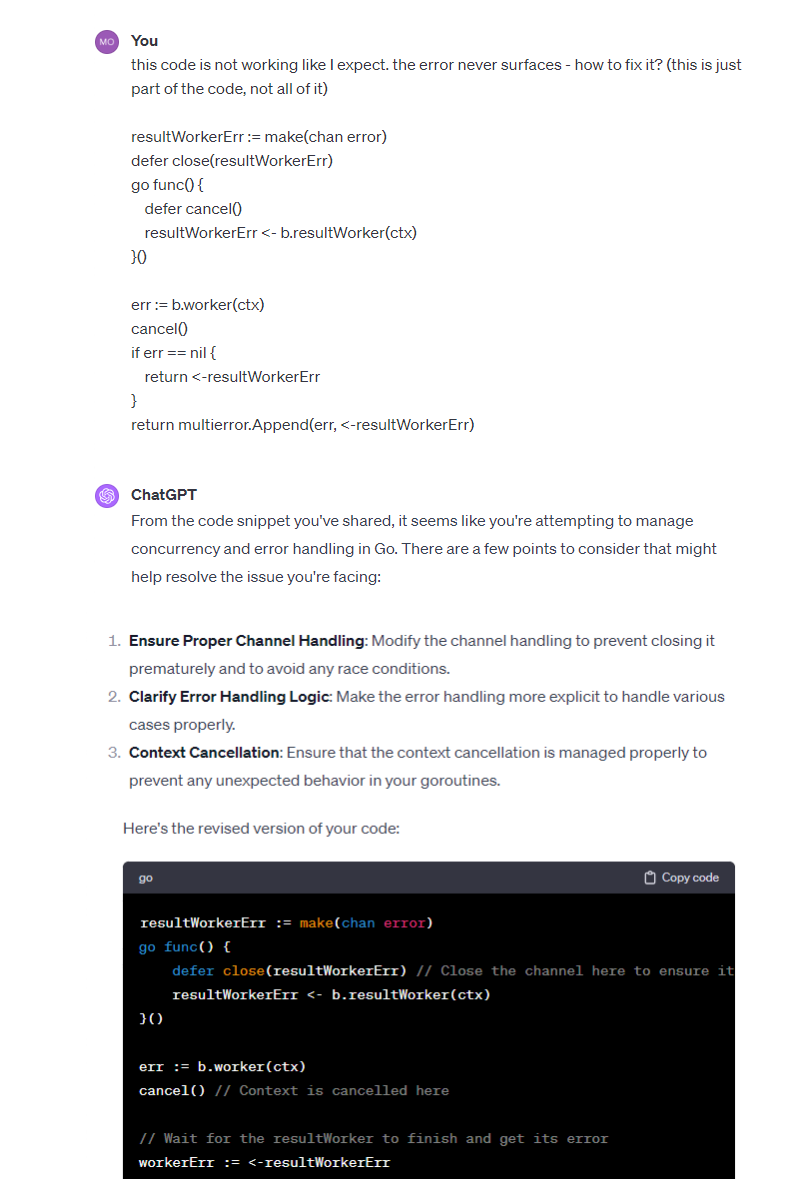
One Year with ChatGPT:
Transforming Business and Beyond
OpenAI’s ChatGPT has taken the world by storm since its creation exactly one year ago today. Whether you own a business and have already integrated it into your processes, or you’re the average Joe and like to get recipe recommendations or trip advice from it, or whether you’re a student in need of help understanding complex concepts, it’s not a stretch to say that most people have probably had some interaction with ChatGPT, or at the very least heard of it.
Since its launch, other AI tools have followed and have also found great reception with the public in general, while others find their audience in niches.
You have probably heard that AI tools are great tools for business. However, it is not widely known that AI does have its limitations, which may include giving incorrect factual data or making other mistakes. So how can your business navigate the downsides of ChatGPT and take advantage of its impressive capabilities?
Today marks the first year since it was released to the public, so we’re going to talk about the history of ChatGPT, how it was conceived and created, some of its limitations, and how your business can benefit from this revolutionary tool, which is unlikely to go away anytime soon.

How ChatGPT was Created
Let’s get the nerdy stuff out of the way first, shall we?
Though the actual creation process of AI isn’t something that creator companies like to broadcast, it’s no secret that AI considers user feedback to improve its recommendations (the kind of thing social media algorithms do all the time each time you “like” a post or skip a video), using a technique called reinforcement learning from human feedback (RLHF) [1]. This technique was used in ChatGPT’s creation. Also, OpenAI says that they used a vast array of texts such as books, websites, scientific articles, and other forms of written content to “train” their creation.
OpenAI admits that they didn’t expect their creation to go viral and be adopted by the public at large, though.
Their journey began with research on generative artificial intelligence models in 2016, focusing on feeding a massive amount of information to ChatGPT’s predecessors and teaching them through human input to generate answers preferred by people. They said they wanted to “iron out some of [their AI models’] flaws by collecting feedback from the public”. Thus, ChatGPT was born!
In very simplified words, through trial and error.
This method is still used today to continuously improve many AI tools out there, ChatGPT included.
What can I use ChatGPT for?
There’s no shortage of marketing gurus out there who claim to have found the holy grail of productivity by using ChatGPT or some other AI. Claims like that certainly attract attention and are bound to generate many clicks to their videos or their blog posts. While oftentimes these claims are exaggerated, it’s no exaggeration that using ChatGPT can boost your business efforts.
But let’s start with what ChatGPT is actually capable of.
ChatGPT has been shaped to be useful in most situations you and I are likely able to think of.

When you’re on its main page, there are 4 suggestions of some of the things it can do that you can choose from to start familiarizing yourself with it.
There are also many additional plug-ins you can install, even Dall-e, another popular AI tool that generates images.
But what are some concrete examples of what you can do with ChatGPT right now?
From tutoring you in a wide range of subjects to generating creative stories, from solving a complex calculus problem to pinpointing unique traits a particular cooking style has, from writing an email for your marketing campaign to brainstorming names for a cat you’re adopting from the shelter, there’s always an answer at hand. If we listed all of its capabilities and showed it to its creators, we’d probably surprise them because of all that it can do.
That’s all well and good but how can my business actually benefit from using AI?
Ok, we get it, you want the goods, so here you go...
Many business owners have asked ChatGPT for recommendations on ways to keep data organized, to brainstorm ideas to market their products or services, or even come up with creative solutions to complex challenges they’re facing.
Some use ChatGPT to assist them in language translation.
Programmers have found that asking ChatGPT to look at some code can help find an error faster than reading the code line by line. This can also be done with any other kind of text, so mistakes in copy can be quickly found as well.

Other examples of practical uses of ChatGPT include listing topics that are related to your industry that you can blog about, finding information sources, digesting complex topics (even tutoring you on them), and more.
There’s no shortage of things you can ask AI to do for you. You can even ask for a list of things that are exclusively relevant to your industry that your competitors are already doing.
A study conducted by researchers at MIT found that ChatGPT significantly boosts worker productivity in certain writing tasks. In this study, participants who used ChatGPT to assist with tasks like writing cover letters, delicate emails, and cost-benefit analyses saw a 40% decrease in the time taken to complete these tasks. Additionally, the quality of their output, as judged by independent evaluators, increased by 18%. [2]
Whether you want to increase writing productivity or just need to stimulate your creativity, if you haven’t given AI a try yet you risk being the only one of your competitors that is falling behind due to this.
Jack of All Trades, Master of None?
Not everything is perfect, though.
Sam Altman, CEO of ChatGPT’s parent company OpenAI recommends people to not just blindly trust GPT on everything. Here are his actual words:
Watch on YouTube https://youtu.be/bM4pBxLAWKo.
"I trust answers generated by ChatGPT least than anybody else on Earth"
There are many disclaimers that OpenAI displays throughout their platform. One example is the limitations ChatGPT has, for example: “May occasionally generate incorrect information”, or “may occasionally produce harmful instructions or biased content”. Many people don’t know, but when you’re on ChatGPT’s screen, you’ll see a small disclaimer at the very bottom of your screen that reads “ChatGPT can make mistakes. Consider checking important information”.

At this point, you might be thinking: “But you just promised that using AI would boost productivity!” and that’s a fair claim, so let’s break this down.
OpenAI themselves have said that ChatGPT sometimes writes plausible-sounding but incorrect or nonsensical answers. This could be partially due to the training data being used to create ChatGPT favoring longer answers that look more comprehensive [3]. Additionally, some people have found that when the query input by the user requires a very technical, complex, or for whatever other reason long answer, GPT may leave responses unfinished [4]
ChatGPT is incredibly limited, but good enough at some things to create a misleading impression of greatness.
— Sam Altman (@sama) December 11, 2022
it's a mistake to be relying on it for anything important right now. it’s a preview of progress; we have lots of work to do on robustness and truthfulness.
In addition to the mistakes ChatGPT often makes, some of its limitations have become evident to people like content creators. Just go into YouTube's search bar and start typing “I asked chatgpt to write…” and you’ll see people creating songs, essays, video scripts and more with mixed results, which comes to show that for inspirational purposes, ChatGPT isn’t a bad tool to jump-start your next creative project, but we recommend not to give it the role of a full-time writer.
Whatever your industry might be, if you use ChatGPT for business purposes, its general usefulness makes it unlikely that you and I will stop asking it for a boost up, but it’s a good idea to double-check the solution it provided to your query before directly or blindly implementing it on your business.
In Conclusion:
People’s lives have been greatly affected in recent months by AI taking the world by storm, with many people looking at newer ways to use these powerful tools every day despite their downsides. Such is the case with business owners who haven’t hesitated to look for practical ways to keep benefitting from this new technology.
Likely, ChatGPT is here to stay. We at Reputable Image can testify that we’ve benefitted from using it to boost productivity, which in turn has helped our web design clients reach their goals faster than before. We are currently offering a Free Website Demo, contact us today.
We hope that by reading our article you have come up with some creative ideas on how to benefit from using AI. If not, why not ask ChatGPT for ideas on how to do just that?
Happy birthday, ChatGPT!

